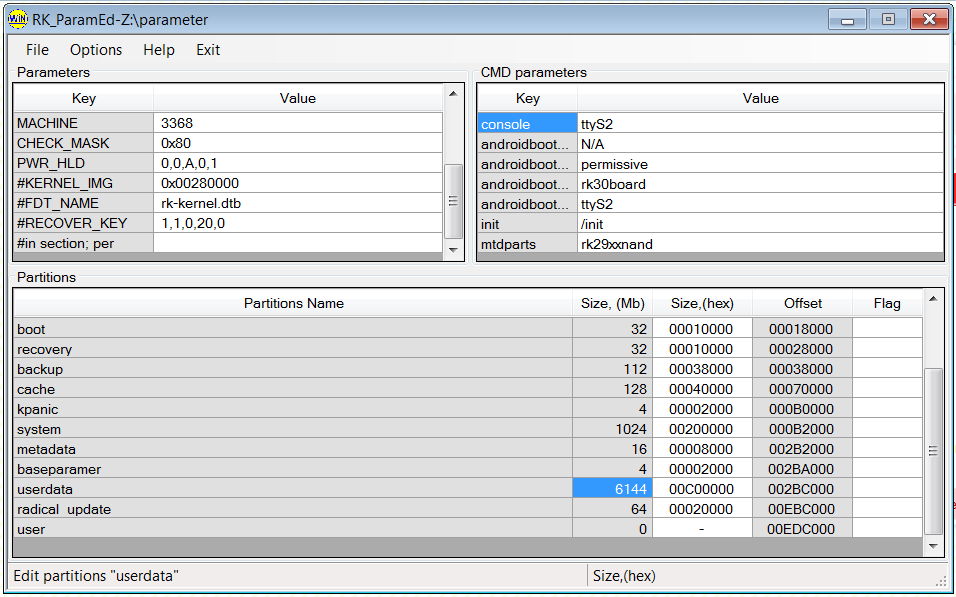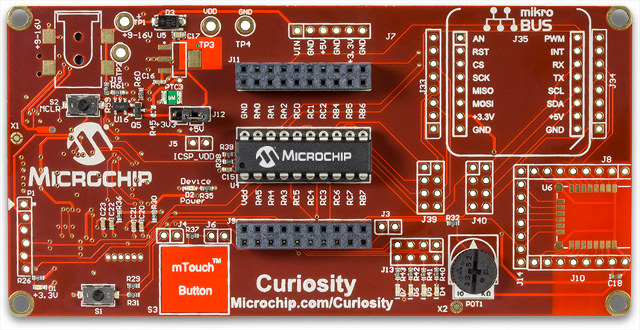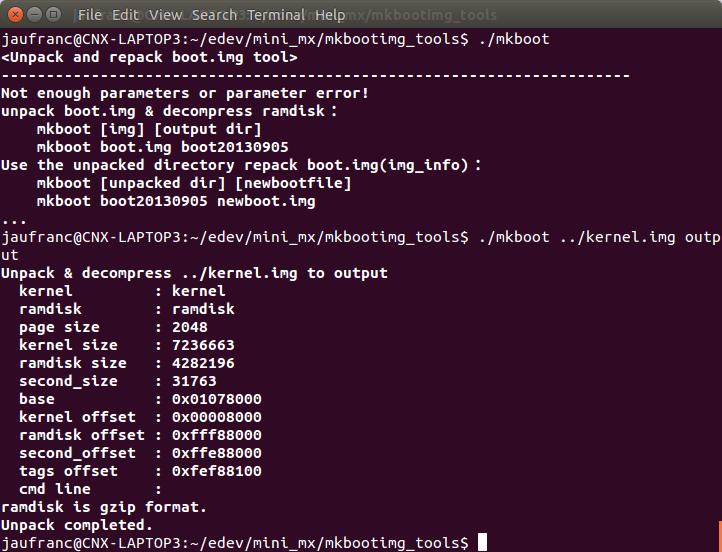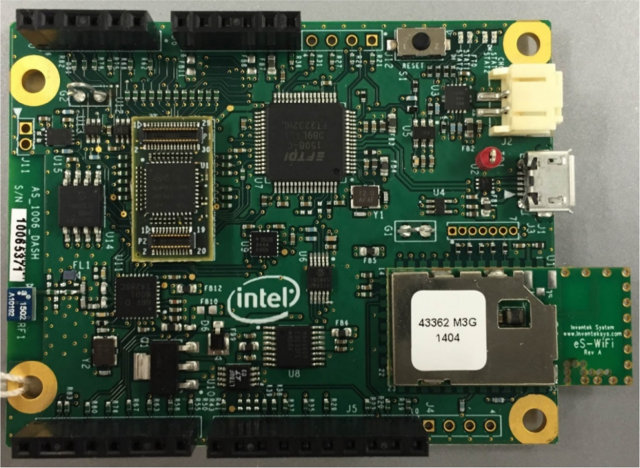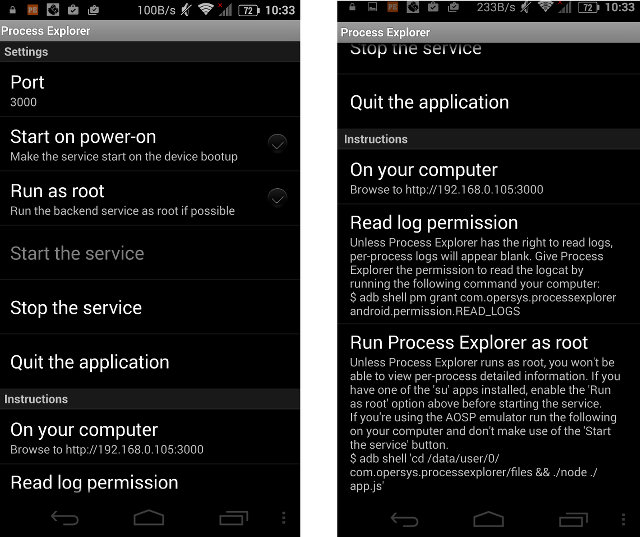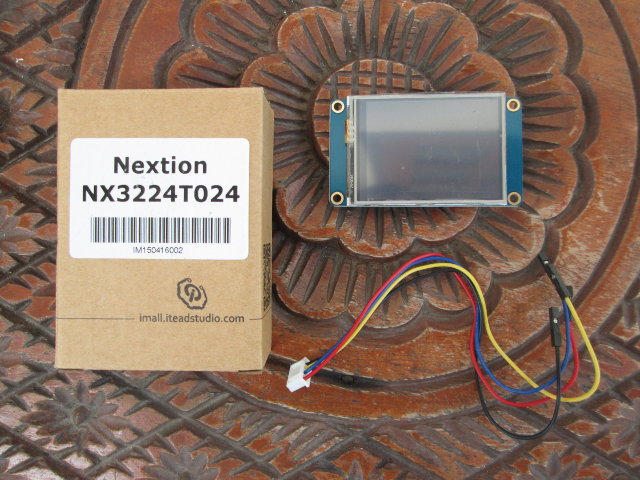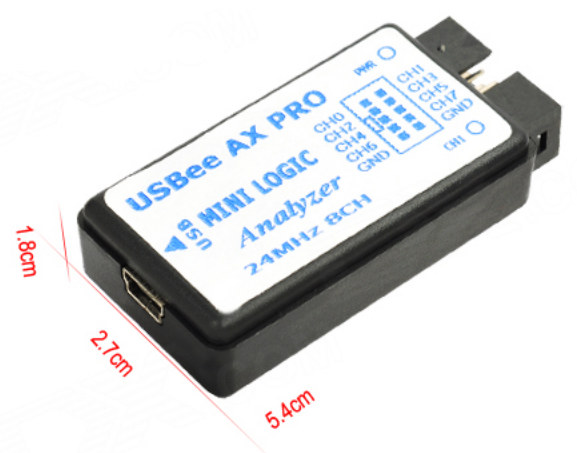I installed Light Biz OS firmware on GeekBox yesterday, but I’ve quickly realized many applications such as Gimp Inkscape would not install due to the small 1.94GB “internal partition”, so I asked how to increase the partition size in GeekBox forums last evening, and got an answer overnight from “dewet”. The good news is that it worked so I’ll share the steps I followed in a computer running Ubuntu 14.04. It might also be possible to perform the same tasks within a Windows machine with Rorkchip’s Factory tools First let’s download the utils with relevant scripts and binaries:
|
1 2 |
git clone https://github.com/geekboxzone/utils cd utils/rockdev |
Now copy your device or board’s firmware file “update.img” to the working directory, and unpack it:
|
1 |
./unpack.sh update.img |
The output should look like:
|
1 2 3 4 5 6 7 8 9 10 11 12 13 14 15 16 17 18 19 20 21 22 23 24 25 26 |
start to unpack update.img... ********RKImageMaker ver 1.61******** Unpacking image, please wait... Exporting boot.bin Exporting firmware.img Unpacking image success. Android Firmware Package Tool v1.0 Check file... OK ------- UNPACK ------ package-file 0x00000800 0x000002A6 Loader.bin 0x00001000 0x0003594E parameter 0x00037000 0x000003BF Image/trust.img 0x00037800 0x00400000 Image/uboot.img 0x00437800 0x00400000 Image/resource.img 0x00837800 0x00606400 Image/misc.img 0x00E3E000 0x0000C000 Image/kernel.img 0x00E4A000 0x00D08C4C Image/boot.img 0x01B53000 0x001354E8 Image/recovery.img 0x01C88800 0x00FB4000 Image/system.img 0x02C3C800 0x28D29000 update-script 0x2B965800 0x000003A5 recover-script 0x2B966000 0x0000010A Unpack firmware OK! ------ OK ------ Unpacking update.img OK. Press any key to quit: |
The files will be in the “output” directory. For our purpose “parameter” file, and especially the last line (CMDLINE) where we will want to adjust the userdata partition […]


